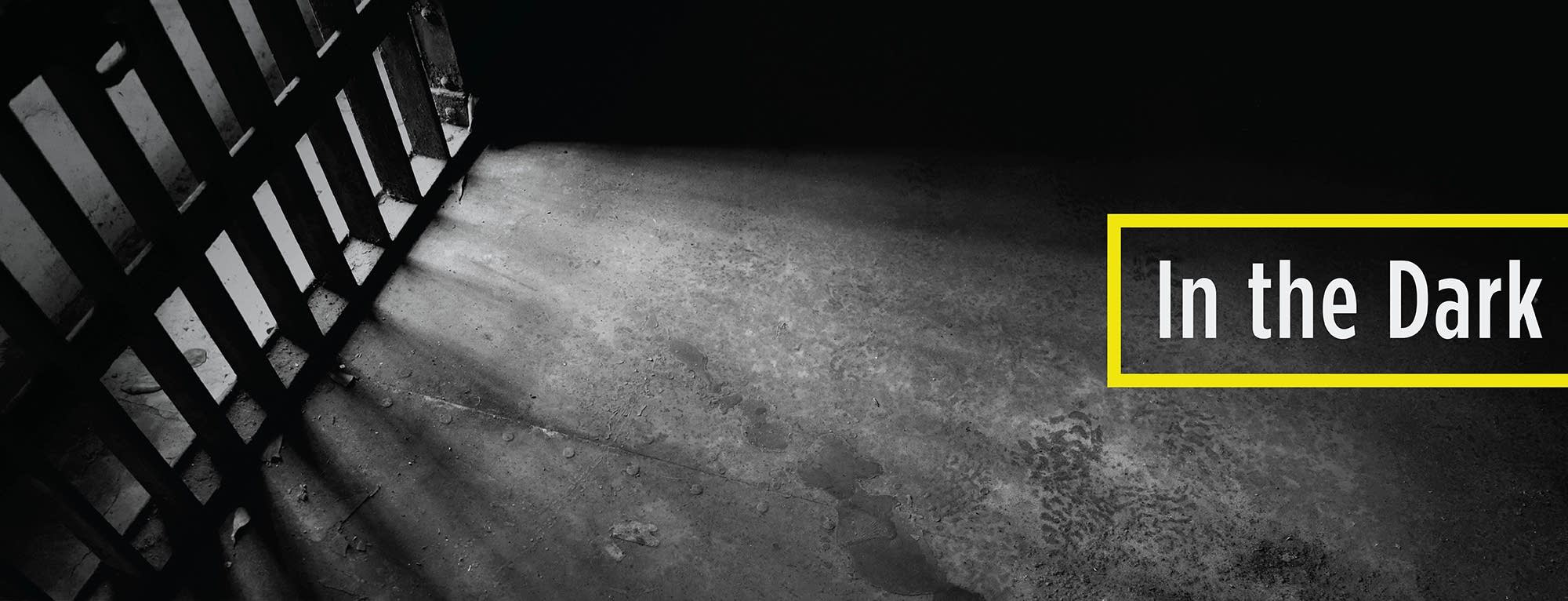In the Dark has a new home: Season 3 will be produced and distributed by The New Yorker, with the podcast team joining Condé Nast Entertainment.
In the Dark has a new home: Season 3 will be produced and distributed by The New Yorker, with the podcast team joining Condé Nast Entertainment.

